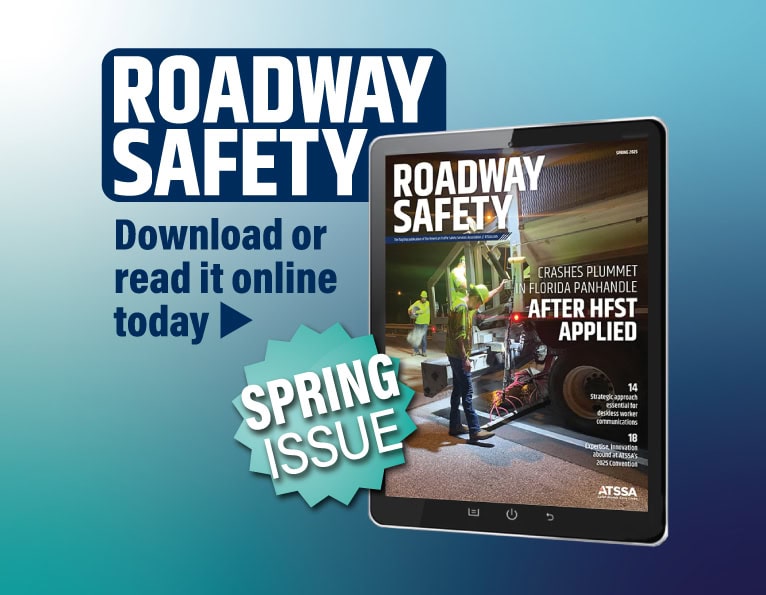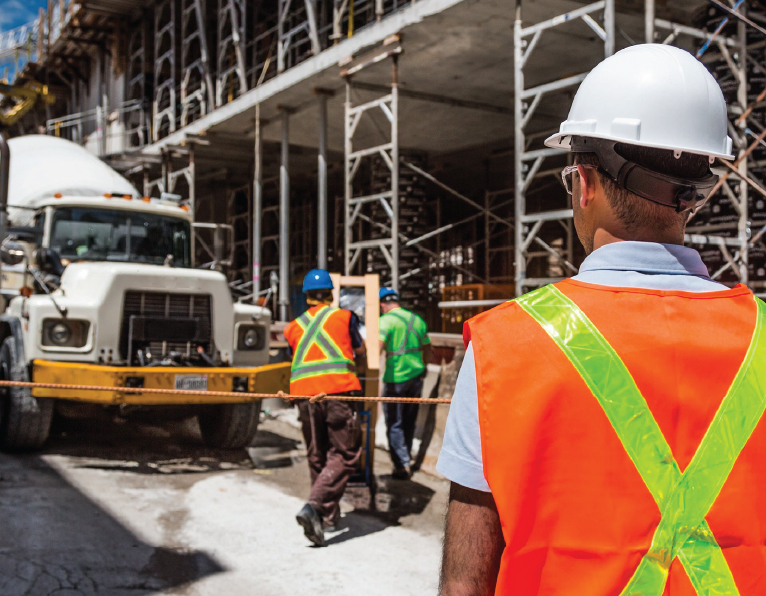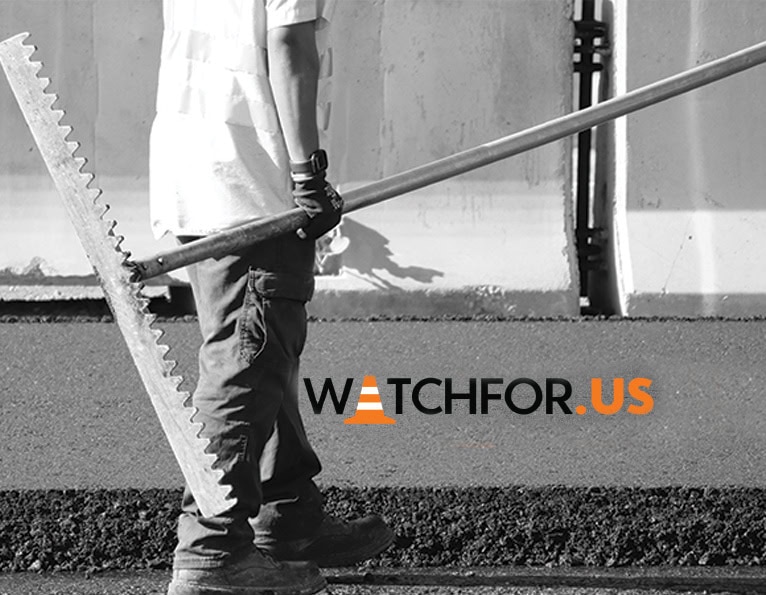Related News Articles
Roadway Safety explores HFST, advocacy, deskless workers and more
Roadway Safety explores HFST, advocacy, deskless workers and more The Florida Department of Transportation (FDOT) demonstrated the value of high…
Join ATSSA in D.C. to celebrate construction on the National Mall
Join ATSSA in D.C. to celebrate construction on the National Mall Join ATSSA on the National Mall, May 14-16 to…
NAPA, ATSSA aim for worker safety considerations in next highway bill
NAPA, ATSSA aim for worker safety considerations in next highway bill Work zone safety & Washington, D.C. The National Asphalt…


